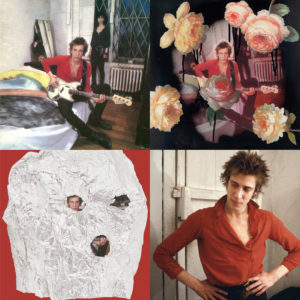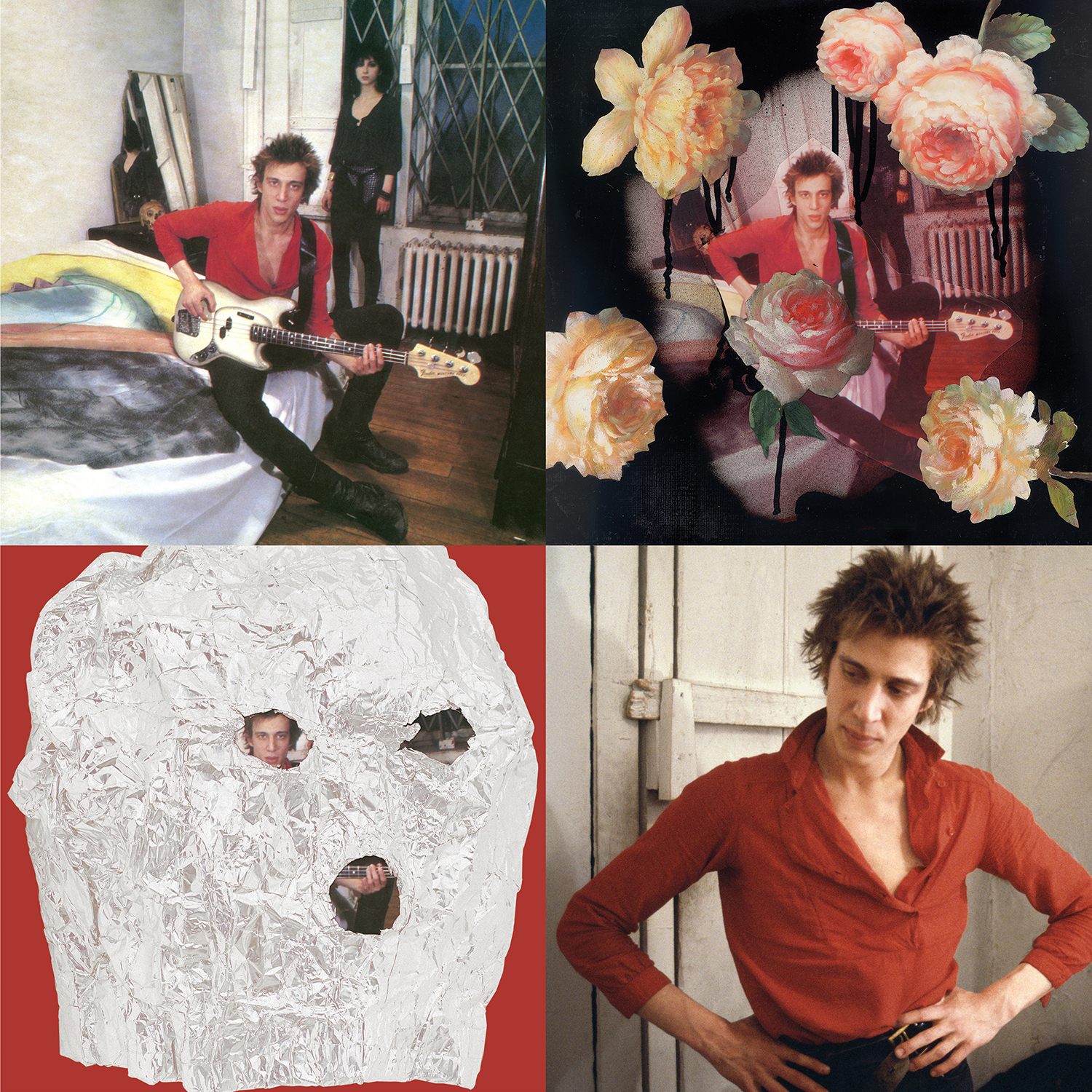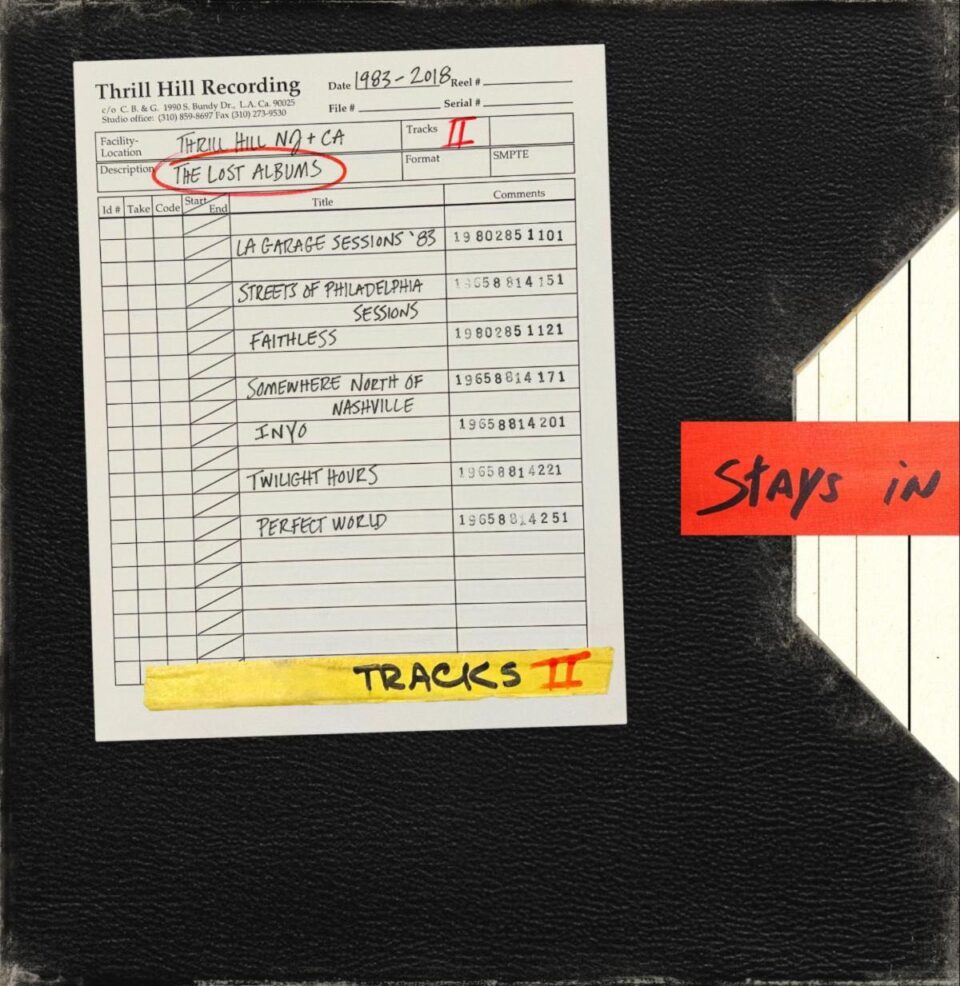 Richard Hell and the Voidoids
Richard Hell and the Voidoids
Destiny Street Complete
OMNIVORE
8/10
After the New York Dolls lost their steam, Television turned into the Grateful Dead, and Patti Smith was remade as The Paris Review’s punk chapter cheerleader, the inheritor of the Bowery’s street-walkin’ poetic punk-rock mantle was Richard Hell. Long, lean, spiky, pouty with a cheap-drug, bug-eyed stare, published-poet credentials, a pre-punk pedigree via his time with ex-Doll Johnny Thunders in but one version of the Heartbreakers, and having co-created the proto-Television Tom Verlaine project Neon Boys, Hell set his own stage for no-wave-ish totemic song by penning era-defining anthems such as “Blank Generation” and “Love Comes in Spurts.”
That Hell chose his collaborators wisely—in particular Robert Quine, who had his Downtown notoriety as a Velvet Underground bootlegger in the ’60s and a wiggly, discordant guitar kink borrowed from Lou Reed and free jazz—made the Voidoids a ragged, street-savvy ensemble, and Hell’s personal A-team. With their 1977 Blank Generation the jagged peak of the great mountain that was the Sire label’s distillation of the CBGB/Max’s scene, what would the hellish quartet do for an encore?
1982’s richer, jazzier, more soulful Destiny Street was the answer—an album that took an eternity in punk years to make, pulled in more of Quine’s inspirations in R&B and the avant-garde (the guitarist co-wrote “Ignore That Door” and the album’s title track with Hell), found its lyricist to be a vivid chronicler of character studies and mood swings, and, though lacking in memorable tunes, benefitted from a well-honed ensemble’s mix of looseness and tightness. That it’s become the stuff of legend as Hell’s white whale, an album he’s pored over, re-released and revisited—even releasing a re-recorded Destiny Street Repaired in 2009 with new lead vocals and fresh guitar solos from Marc Ribot, Bill Frisell, and Voidoid Ivan Julian—is what brings us the current collection, Destiny Street Complete; one that actually features a slightly brighter 2021 remix by Hell and Yeah Yeah Yeah-er Nick Zinner, as well as an early set of demos from 1978-’80.
So, what about this album—“three different versions of the same ten songs, from the same basic tracks, from the same four musicians,” writes Hell in his liner notes—drove an artist to obsession, and his audience to re-buy those same ten tracks? They’re damn fine songs filled with seemingly spontaneous, cocksure, yet vulnerable, lyrics, all with an improvisational vibe that show off more of the Albert-Ayler-meets-Iggy-Pop thing that Hell and his band probably intended. In fact, listening to the demos versus the first finished product of 1982—threadbare but full-blooded versions of the death march mediation of “Time,” a smug, neo-psych version of the so-smart “Ignore That Door,” a gently spooky “Staring in Her Eyes”—make you realize that if Hell had released this sketchier version sooner than forty years after the fact, he could have carved out a brilliant free-everything aesthetic and a career not unlike Thurston Moore—a mix of noise and nuanced beauty.
Every version, polished and unpolished, after the demo collection (with its handsome, spare “Time” live tribute to fallen Voidoid Quine from Hell and Julian, the latter, a too-often-ignored figure in punk-rock history) is plump with menace, invention and melody. The demos just happen to be best, and worth the price of double-disc admission. Enjoy Hell’s elegant, messy, bruised, smart fruit as it is before he comes up with another version in ten years.









